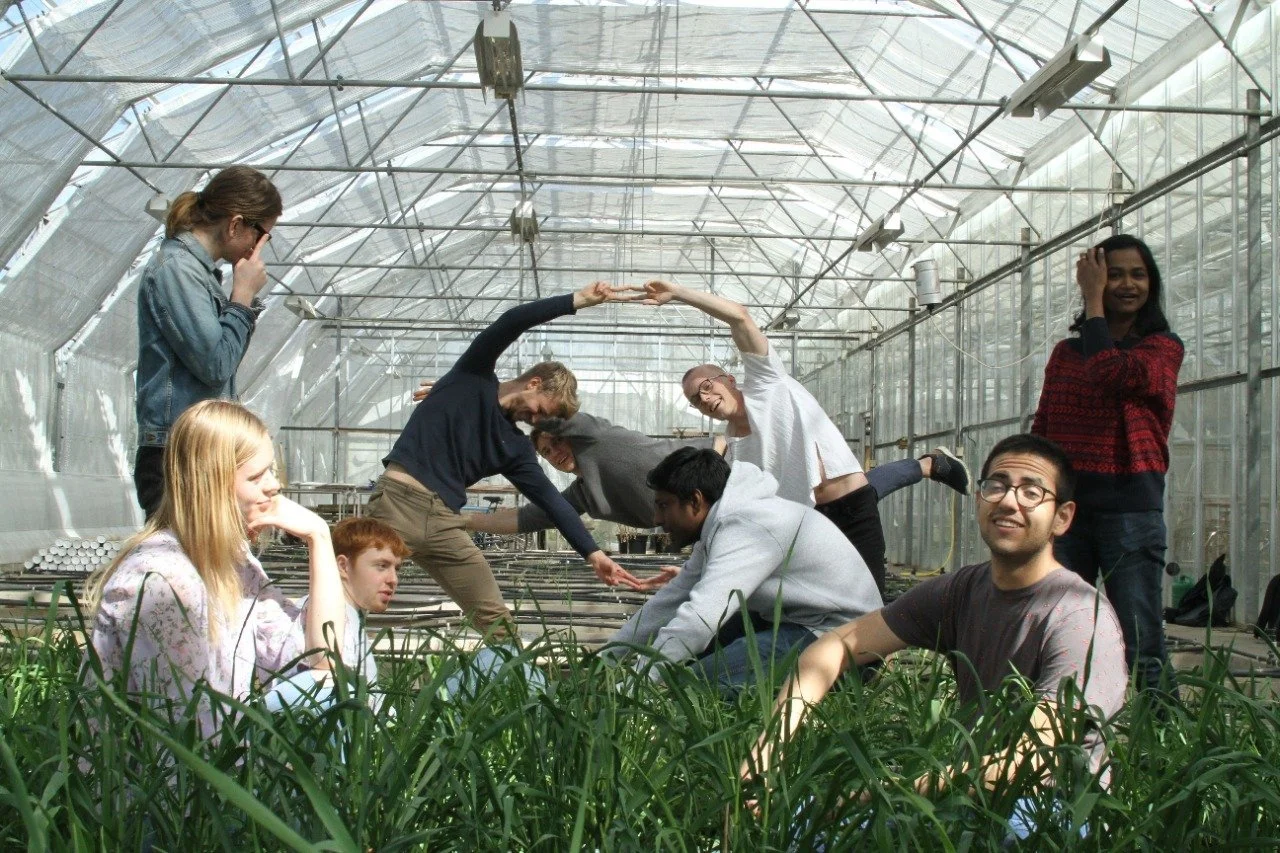How are iGEM Teams Using Synthetic Biology for Tackling Rare Diseases | Rare Diseases Day 2024
This article is written by Neha Suresh, the Project Head for SynBio for Rare Diseases (currently recruiting project members)
iGEM Teams covered in this article: Florida State University iGEM 2023, Massachusetts Institute of Technology: iGEM 2021, TU-Eindhoven: iGEM 2022
Rare Disease Day is observed on the last day of February to raise awareness about rare diseases and improve access to treatment and medical representation.
The day offers a barometer for gauging gaps, opportunities and necessary next steps.
Gaps in Science
95% of all rare diseases still lack treatments, with fundamental biological mechanisms still shrouded in obscurity. Collaborative efforts interrogating disease foundations could spark breakthroughs - if matched by funding.
Gaps in care delivery
Diagnosis delays for rare diseases persist at nearly 8 years with complex, progressive conditions outpacing physician awareness. Medical education about expanding genomics competencies would empower prepared practitioners.
Simultaneously, harmonizing clinical trial protocols globally by adopting innovative tools like master protocols and Bayesian adaptive platforms tailored to rare disease populations could significantly streamline regulatory pathways needed
Access crisis
Gene and cell therapies elicit hope yet leave families bankrupt. Prohibitive price tags allow these cures to be only accessed by the privileged. Uneven national policies spawn treatment tourism sending desperate patients across borders chasing rumors of affordability.
What transforms this sporadic concern into sustained capacity generating solutions for the 300 million people worldwide battling one of over 7000 known rare diseases?
We believe that Synthetic Biology could be a piece of the puzzle, and help fill these critical gaps. By framing rare diseases as engineering design challenges: solutions can be made more scalable while leveraging automation and standardization, to overcome issues plaguing conventional drug development.
Selected iGEM Projects on Rare Diseases?
Florida State University iGEM 2023
The FSU iGEM 2023 team took on an ambitious project to create a probiotic therapy for the rare, socially devastating metabolic disorder trimethylaminuria (TMAU). Characterized by an enzyme deficiency that prevents breaking down trimethylamine (TMA), TMAU results in severe body odor emanating from bodily fluids. The project conceptualized introducing engineered bacteria to consume TMA similarly to popular lactase supplements assisting lactose digestion. After promising preliminary trials indicating successful TMA degradation in an analogous model gut environment, the team partnered with FSU’s dedicated rare disease institute to continue refining and testing their system. This novel probiotic concept could one day transform quality of life for stigmatized TMAU patients.
Massachusetts Institute of Technology: iGEM 2021
MIT iGEM 2021 team created a probiotic as a dietary support supplement for managing rare metabolic disorder Maple Syrup Urine Disease (MSUD). Unable to properly process branched-chain amino acids (BCAAs), MSUD patients face debilitating neurological impacts from their toxic buildup, requiring extremely strict, difficult diets their whole lives. By transforming Bacillus subtilis, a generally recognized as safe strain, to overexpress key BCAA transport and catabolism genes, they created bacteria enhancing intake and breakdown of these tricky nutrients. Delivered conveniently alongside meals when BCAA levels spike, the probiotic aims to alleviate the dietary burden for MSUD individuals risking irreversible damage if thresholds are exceeded.
TU-Eindhoven: iGEM 2022
This iGEM project chose to address the limitations of current treatments for ANCA-associated vasculitis (AAV), a severe and chronically relapsing autoimmune condition causing blood vessel damage. Exploiting a novel extracellular biosensor platform, the team designed a tailor-made cell therapy where patient immune cells could be potentially engineered to detect circulating autoantibodies that trigger production of the anti-inflammatory cytokine IL-10, locally dialing down inflammation proportionate to disease severity. This autonomous closed-loop system aims to provide on-demand immunosuppression avoiding systemic side effects of broad acting drugs
These case studies preview the paradigm expanding possibilities for establishing scalable, sustainable and patient-centered precision treatment infrastructures customized even to the rarest conditions.
Above all, we must recognize that though singly rare, the collective weight of these diseases impacts hundreds of millions in needless suffering worldwide. The community has pioneered patient-centered research and policies previously unfathomable. But the focus must expand beyond single victories to establish more holistic capacities. Rare Disease Day must serve as more than a transient tribute -aligning advocacy, investment and infrastructure of care.
The aim of SynBio for Rare Diseases (now recruiting project members) project is to build an engaged community that harnesses synthetic biology approaches to address challenges facing rare disease patients and families. We believe synergizing the lived experience and data resources from the rare disease community with emerging bioengineering technologies offers immense promise for both further demystifying and treating these conditions. Through a biohackathon and speaker events, as well as generating policy and patient education resources, we aim to responsibly accelerate equitable progress.










